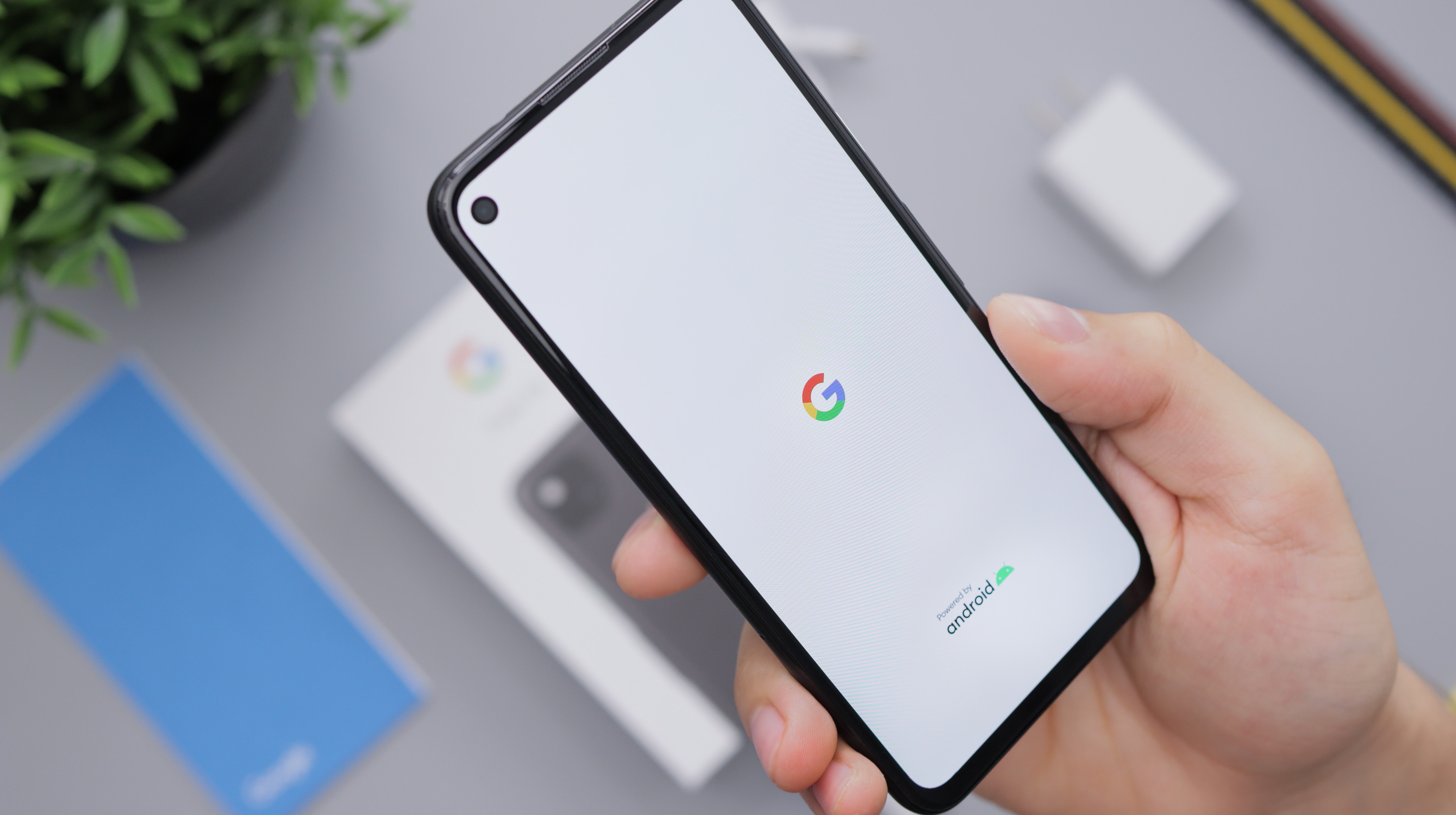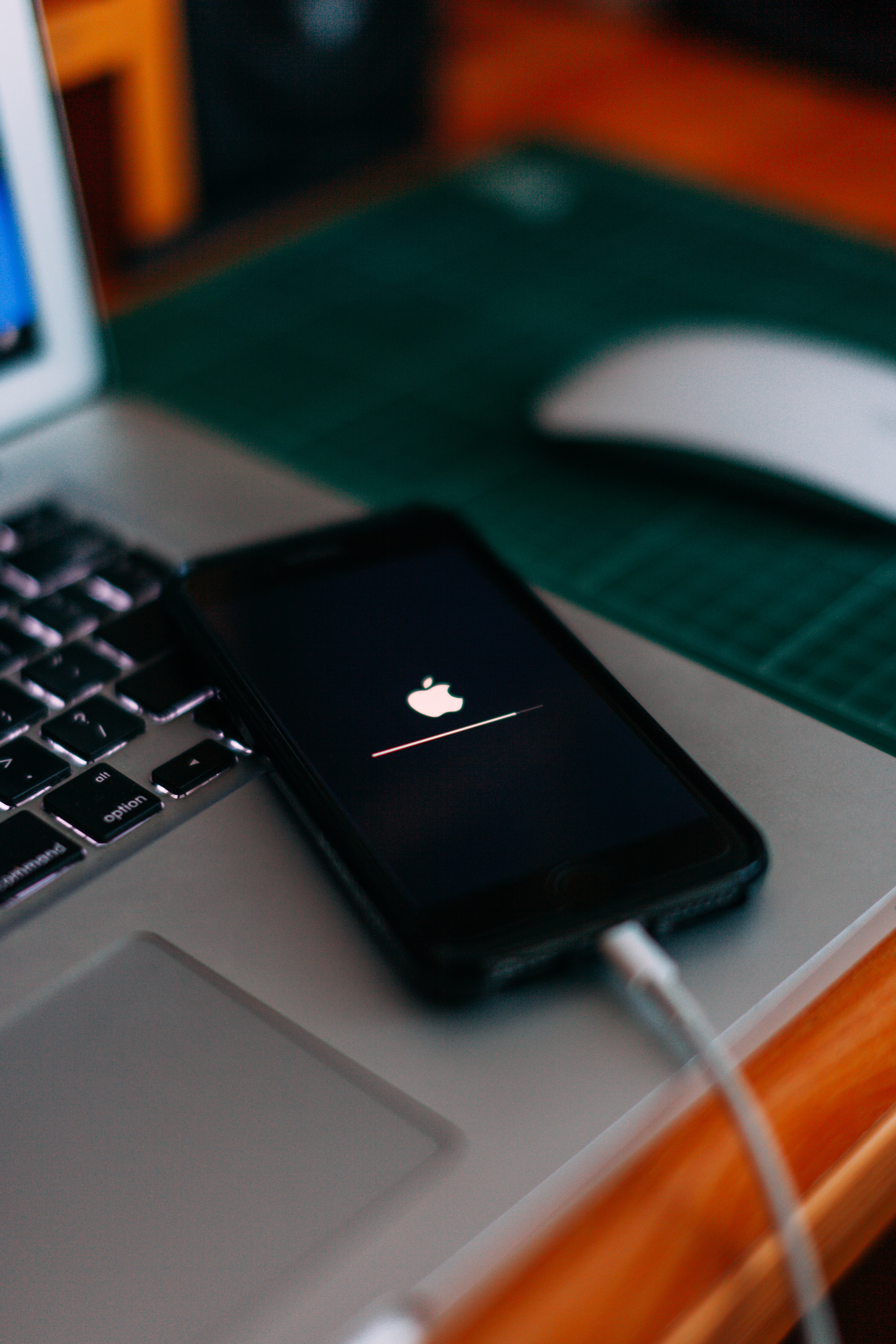Mobile App Development: Android vs. iOS
Apps affect our lives in many ways. They can facilitate and
accelerate many issues from daily life to business. Because they
are so useful, it is possible to find an app developed for almost
every subject. But have you ever wondered how they are made? Many
people want to know more about this subject in order to get a
share in this big industry. Others are just wondering. So, here is
how to make an app.
There are three main stages of developing an app, whether for
Android or iOS. These are the pre-development process, app
development process, and post-development process. The main
differences between them appear in the pre-development and app
development processes. Let’s take a closer look at them now.
Pre-Development Process
Mobile App Platforms
The first crossroads in this process takes place at the stage of deciding on which platform you’ll build your app. If you’re after building an app for both of these platforms, we call them hybrid apps. So far, there is no difference at all. However, it is obvious that hybrid apps cause performance issues on different platforms. That is where the differences in the Android and iOS development processes emerge. Because if you want to create an app where you can minimize performance issues, you need to build a local app.
In this case, you have to use the original programming languages and tools of the mobile OS in question. Here are some of the most popular programming languages for iOS and Android OSs:
Android
- Kotlin
- Java
iOS
- Swift
- Objective-C
Building a Team
Another difference in native app development occurs in building mobile app developer teams. Since the app you’ll build for different OSs will need its own tools and programming languages, you’ll need to recruit developers who are experts in these subjects in your team. At this point, it would be suitable to mention the most effective way to create a mobile app development team.
If you’re an investor who doesn’t know much about app development, you may build a good team through the team extension model. Team extension allows you to create dedicated teams for both iOS and Android development. Thus, you won’t have to spend your time searching for software developers with the required skills for the app you desire to build.

App Development Process
If you have a specific plan and roadmap for building your app, you may now start developing your app for real. The main topics you will cover in this process are UX & UI design, system design, coding, and testing. The main issue that will shape the UX and UI design is the features you decide to have in your app. Because these features will directly affect how your app will look and how people use it. At this stage, characteristic differences will stand out for both platforms. Here are some of them:
- Navigation
- Top-of-screen navigation
- Primary navigation
- Secondary navigation
- Back navigation
- Buttons
- Icon size & screen resolution
- Typography
- Control design
- Primary call-to-action button
- Selection controls
In the coding process, there are 3 phases for both iOS and Android: The first is the backend and database design. This process focuses on items such as storage solutions, optimization, performance, and databases. The second fundamental part of app coding is the API. Coding API allows the app to connect with the backend server, other tools, and systems.
Finally, the last part is the frontend. It refers to an interactive user experience. So, the frontend is the part where users interact with your app. The differences in the coding phase are entirely due to the programming languages used.

iOS vs. Android: Advantages
Android and iOS have structural differences. Naturally, they also have their own advantages and disadvantages. Here are some of the prominent ones:
| Android Advantages | iOS Advantages |
|---|---|
| More Customizable | Excellent UI and fluid responsiveness |
| Supports saving RAW images | Jailbreaking for customization |
| Open Platform | More initiative |
| Higher ROI with lower costs | Suits for business & gaming |
| Built-in beta testing | Generates less heat |
| Versatility and scalability | Rich user experiences |
Mobile App Development: Android vs. IOS, In Short
Although building an app for Android or iOS seems similar, they consist of different processes. In this article, we have aimed to inform you about the reasons for these differences. We also listed the main advantages and disadvantages of building apps for both OSs. We hope this article has helped you gain some basic knowledge about mobile app development.
